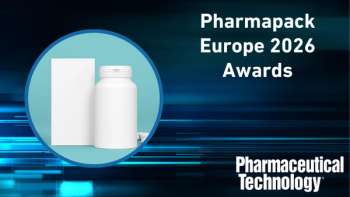
At the Pharmapack Europe 2026 awards ceremony, Pharmapack announced it is expanding the event to Singapore in November 2026. This year’s award winners were also announced.

At the Pharmapack Europe 2026 awards ceremony, Pharmapack announced it is expanding the event to Singapore in November 2026. This year’s award winners were also announced.
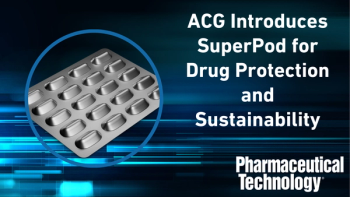
ACG’s new SuperPod reduces blister size and boosts efficiency and sustainability for moisture-sensitive drug products.

PharmTech spoke with Dexter Tjoa, CEO of Tjoapack, about how outside pressures are influencing supply chain and packaging decisions.

The three firms offer a pre-verified platform for large-volume subcutaneous delivery of biologics to enable home self-administration.

The half-day workshop will explore regulatory compliance and environmental sustainability.

Proteasome-targeting therapies may eliminate disease-causing proteins in a broad range of diseases.

PharmTech spoke with Dexter Tjoa, CEO of Tjoapack, about the past year and which trends might influence 2026 packaging decisions.
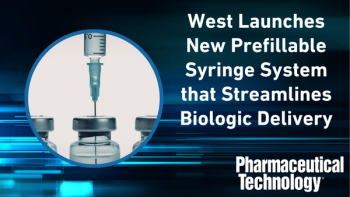
West has launched Synchrony S1, a prefillable syringe system to simplify biologic delivery and combination product needs.
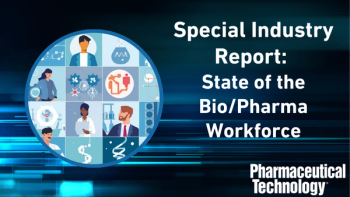
A comparison of 2024 and 2025 bio/pharma employment survey results indicates that industry professionals face eroding security, polarized satisfaction, and rising attrition risk.

Industry experts discuss the standout packaging trends from 2025 that will influence the industry’s future.
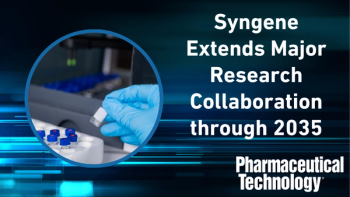
Syngene has extended its Bristol Myers Squibb alliance to 2035 and invests in automation to accelerate integrated drug development and manufacturing.
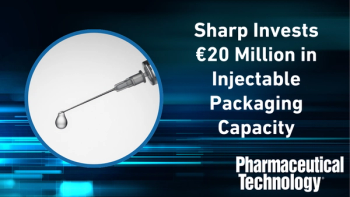
Sharp increases European injectable assembly and secondary packaging capacity to support the rising demand for pre-filled syringes and autoinjectors.

Contract development and manufacturing organizations offer specialized services to help sponsor companies develop drug products that better serve the unique needs of patients.
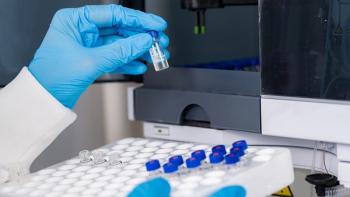
Ensuring quality, sterility, and regulatory compliance are essential when choosing analytical methods.

The week’s coverage discusses leveraging agentic AI, sustainability, and resilient supply chains to transform global drug development and safety.

The development, quality, and procurement teams should work together to determine which materials and suppliers are needed, says Jane Zhang, Co-Founder & Co-CEO, ETCH Sourcing, and Susan J. Schniepp, distinguished fellow at Regulatory Compliance Associates, a Nelson Labs Company.

The company will be highlighting its PharmaGuard recyclable blister solution, MedGuard line, and MedHub procurement service.
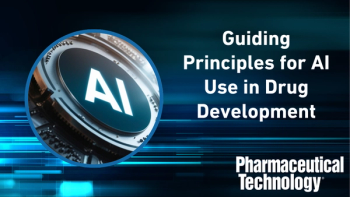
FDA and EMA have issued 10 guiding principles for AI in drug development with the intended goal of ensuring safety and innovation across the life cycle of a drug.
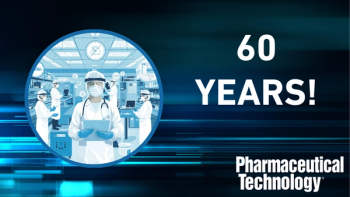
Dycem marks 60 years of innovation, evolving from polymer science discovery to a global leader in contamination control across regulated industries.

Survey results show a shift in pharma industry sentiment from optimism to caution as rising insecurity offsets high satisfaction and intellectual engagement.

AI and machine learning are helping pharmaceutical scientists more efficiently develop innovative and novel treatments for a range of disease areas.

Automation and supply-chain security of single-use systems are crucial for industrializing cell and gene therapy manufacturing.

Pharma industry experts indicate that strategy in 2026 is shifting to agentic AI, sustainable efficiency, and resilient supply chains to manage tariffs, regulations, and digitalization.

To combat growth and pricing pressures, companies are auditing their supply chains and API material providers.

AI and machine learning may be the ideal tools to evaluate patient data and predict ideal treatment options.

The company is adding a second production line at its Etten-Leur facility in The Netherlands to meet customer needs.

The CRDMO’s new facility will double chemistry capacity for drug discovery research and scale-up projects.

Beena Wood, Qinecsa, outlines how proactive PV, translational safety, AI foundations, and ecosystem collaboration will reshape drug safety in 2026.

Beena Wood, Qinecsa, explains how AI could revolutionize pharmacovigilance, if data, trust, skills, and organizational barriers are addressed first.
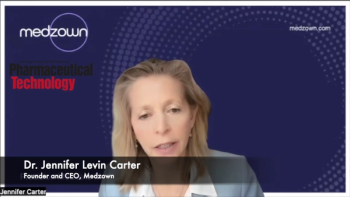
Dr. Jennifer Levin Carter, founder and CEO of Medzown, discusses what makes precision medicine different from personalized medicine and what how challenges faced in this evolving field can be overcome.